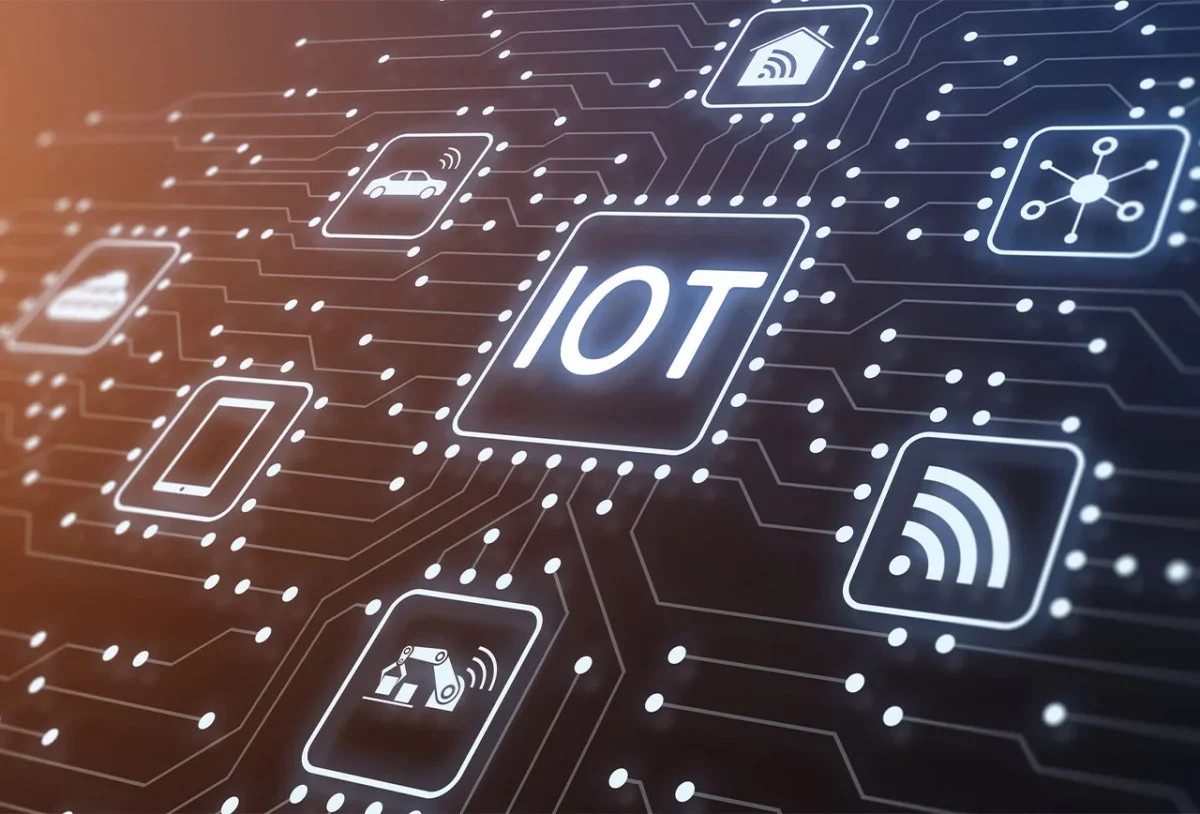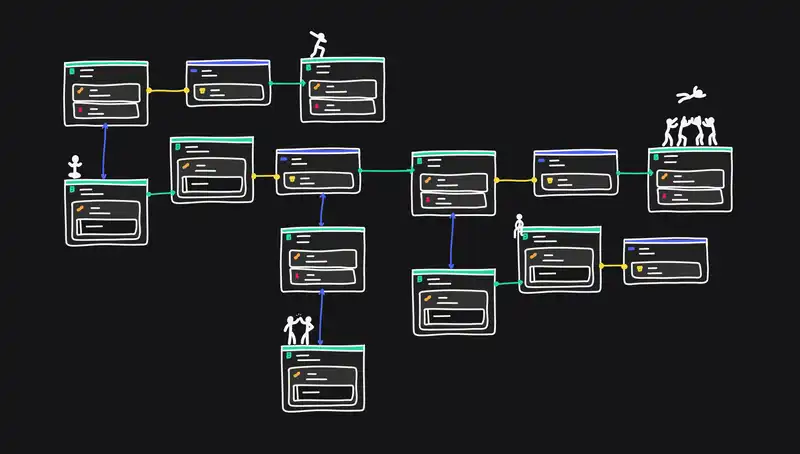Progetto ARS01_00540 dal titolo “RASTA – Realtà Aumentata e Story–Telling Automatizzato per la valorizzazione di Beni Culturali ed Itinerari” finanziato su fondi PON “Ricerca e Innovazione 2014 e 2020”.
Abstract:
The use of innovative ICT applications, advanced storytelling, 3d reconstructions, is increasingly
widespread as support for the enjoyment, understanding, sharing, improvement and preservation of our
cultural and historical heritage.
Specifically, modern virtual technologies (VR viewers, AR glasses, immersive projections, etc.) allow the
creation of new visual and sensory experiences, tangible and intangible, which add an “interactive, fun and
creative” component to cultural sites visits offering hence a more real approach to something that is often
perceived as distant and little attractive.
In this scenario, the project proposal has the aim of defining a framework for the enhancement of the
territory and of the cultural heritage through the use of adaptive tour paths in virtual/augmented reality by
means of smart storytelling for the personalization of narration through sophisticated recommendations and
user profiling systems.
The following technologies will be developed in the project: advanced representation models and
reconstruction techniques of sites, scenarios, and 3D objects accessible through various devices; immersive
video-mapping for the creation of immersive environments of virtual/augmented reality (both personal and
group); methodologies and techniques for semantic annotation and archiving of digital content, in line with
National and European standards; methodologies for automated storytelling, by means of semantic
correlation techniques and logical inference; user profiling methodologies based on sentiment analysis and
analysis and learning of user behavior; recommendation system based on semantic profiling, contents
analyzer, points of interest classification and sensors IoT with the aim of calculating ad hoc tourist routes.
Such technologies will be concretely applied to the following pilots, with the aim of showing the innovation
and the strong economic-financial impact: UNESCO sites: Caserta, San Leucio verso Carditello; Basilica
di S. Angelo in Formis e Norba; Vallo di Diano; touristic itineraries in Umbria, Puglia and Abruzzo.





